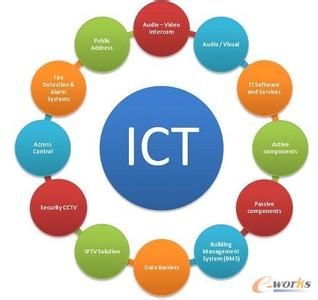This study aimed to assess the impacts of ICTs on livelihoods of women microenterprises in Malawi. The study was an interpretive qualitative approach in which semi-structured interviews, observation and field notes were used to collect data. About 25 women involved in various microenterprises in three rural areas of Karonga district in Malawi were purposively selected to participate in the study. The framework for the study was based on Serrat's sustainable livelihood approach. The study noted that the use of ICTs potentially enabled women microenterprises to build their financial, human, social, and informational capital assets. The study found that ICTs to some extent contributed to the livelihoods of women microenterprises such as improved access to information; diversification of business opportunities, improved communication, improved marketing, and reduced transport costs. As a result, this led to sustainable use of resources, improved well-being, and empowerment for women. However, unreliable electricity; lack of affordable ICT devices; lack of awareness to utilise ICTs in businesses and lack of ICT literacy skills were major concerns that affected women microenterprises. The study offers insights to research practioners, policy makers and other stakeholders on the role of ICTs in fostering women microentrepreneurship in rural communities of Malawi.
翻译:这项研究旨在评估信息和通信技术对马拉维妇女微型企业生计的影响,研究是一种解释性的定性方法,采用半结构化的访谈、观察和实地说明收集数据,马拉维卡龙加区三个农村地区参与各种微型企业的大约25名妇女被有意选定参加研究,研究框架以Serrat的可持续生计方法为基础,研究指出,利用信息和通信技术有可能使妇女微型企业建立其财政、人力、社会和信息资本资产,研究发现信息和通信技术在某种程度上有助于妇女的微型企业的生计,例如改善获得信息的机会;使商业机会多样化,改善通信,改善营销,并降低运输成本,从而导致可持续地利用资源,改善妇女的福祉和赋予妇女权力,然而,电力不可靠,缺乏负担得起的信息和通信技术设备,缺乏在企业使用信息和通信技术的意识,缺乏信息和通信技术扫盲技能,这些都对妇女微型企业有影响。这项研究为研究人员、决策者和其他利益攸关方提供了关于信息和通信技术在马拉维农村社区培养妇女微型创业方面的作用的见解。





